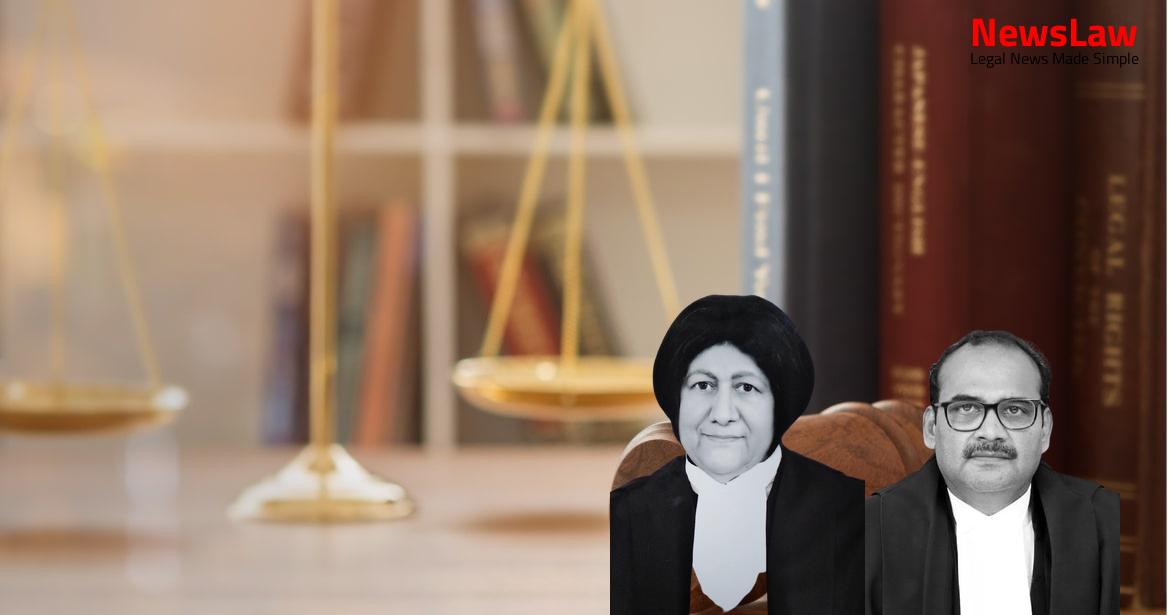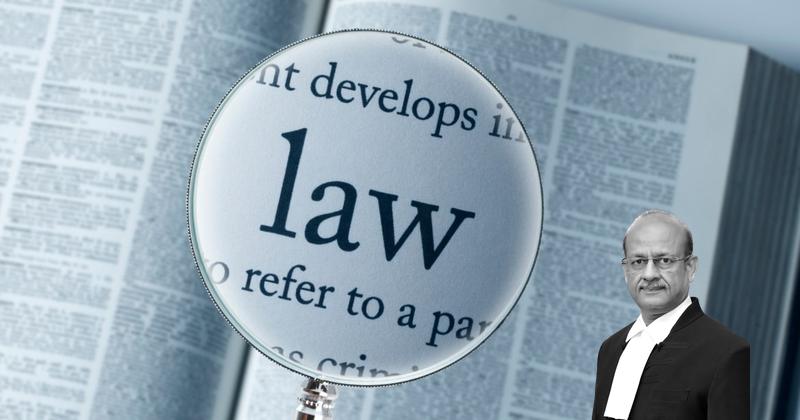In the case of Rajesh Kumar v. State of Telangana, the Supreme Court has delivered a landmark judgement quashing the conviction of the petitioner, Rajesh Kumar. This judgement comes after an affidavit was filed confirming the marriage between Rajesh Kumar and the complainant. Stay informed about this significant legal development.
Facts
- An affidavit of the complainant affirming the marriage was placed on record
- The court directed the Standing Counsel for the State of Telangana to verify the marriage from the police station
- Leave has been granted for the appeal
- The appellant and complainant claim to have married on 6th August, 2023 as per Hindu rites and customs
- The marriage has been registered at the Office of Registrar of Hindu Marriages in Kodad, Telangana
- The appellant was acquitted from charges under the POCSO Act but convicted for offences under Sections 354D and 506-Part I of the IPC.
- The High Court of the State of Telangana at Hyderabad partly allowed the Criminal Appeal preferred by the appellant, upholding his conviction for the mentioned offences.
- The sentence of imprisonment for both offences was reduced to three months by the High Court.
- The trial Court had initially awarded Rigorous Imprisonment for 2 years under Section 354D IPC and Simple Imprisonment for 6 months under Section 506 Part I IPC, along with fines.
- The High Court’s decision modified the trial Court’s sentence to three months for both offences.
Also Read: Pankaj Bansal vs. State of Delhi: Grounds of Arrest and Legal Rights
Arguments
- Ms. Devina Sehgal, representing the State, filed a compliance affidavit.
- The Sub-Inspector verified that the appellant and the complainant are married.
- The marriage was registered under the Hindu Marriage Act, 1955 in Suryapet District, Telangana.
- The marriage certificate is annexed to the affidavit.
Also Read: Lumina B and Saneesh vs. Flory Lopez and Ors: Quashing of Criminal Proceedings
Analysis
- The appellant and the complainant married each other during the pendency of the appeal.
- There is a reasonable belief that they had a relationship during the alleged offenses.
- Offenses under Section 354D IPC and Section 506 IPC are personal to the complainant and the accused.
- Initially, the appellant was charged for offenses under Sections 354D, 506 IPC, and POCSO Act.
Also Read: Complainant vs. Accused: Supreme Court Judgement on Fraudulent Land Deal
Decision
- Pending applications disposed of
- Powers under Article 142 of the Constitution of India exercised
- Conviction of accused appellant quashed
- Judgments of trial Court and High Court quashed and set aside
- Appeal allowed
- Appellant acquitted of charges
Case Title: DASARI SRIKANTH Vs. STATE OF TELANGANA
Case Number: Crl.A. No.-002580-002580 – 2024



